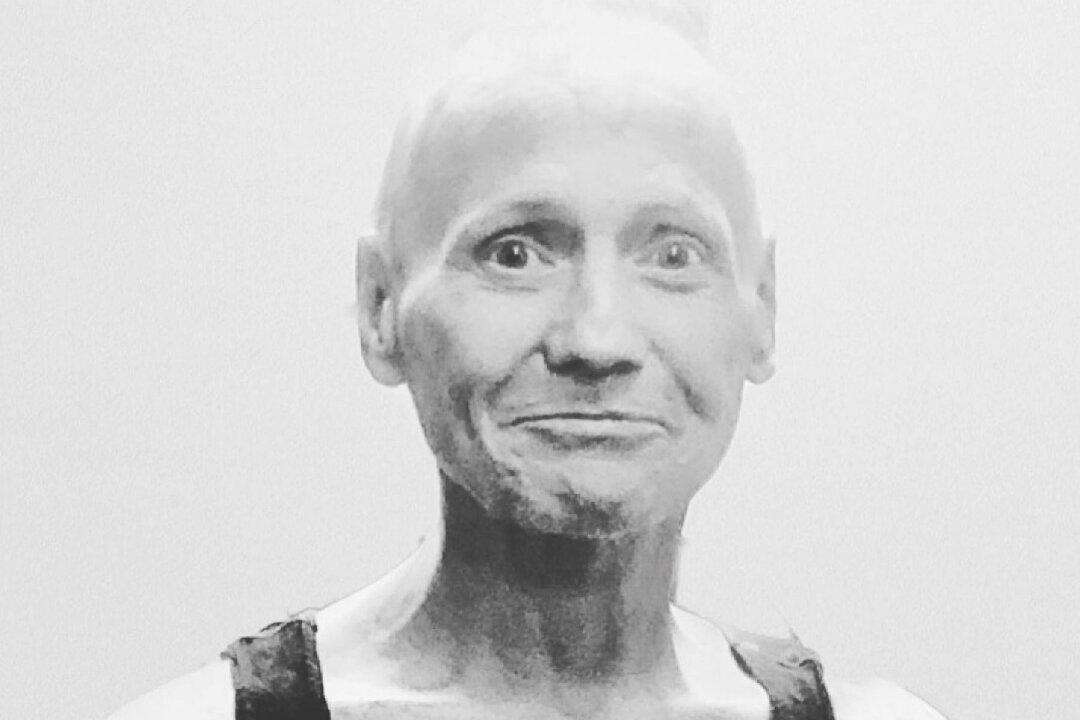Commentary
CUMBERLAND, Maryland—Had it not been for the kindness of strangers, Henry McCain would have died the way he led much of his adult life: cold, alone, and without a blanket to cover his feet at night.

CUMBERLAND, Maryland—Had it not been for the kindness of strangers, Henry McCain would have died the way he led much of his adult life: cold, alone, and without a blanket to cover his feet at night.